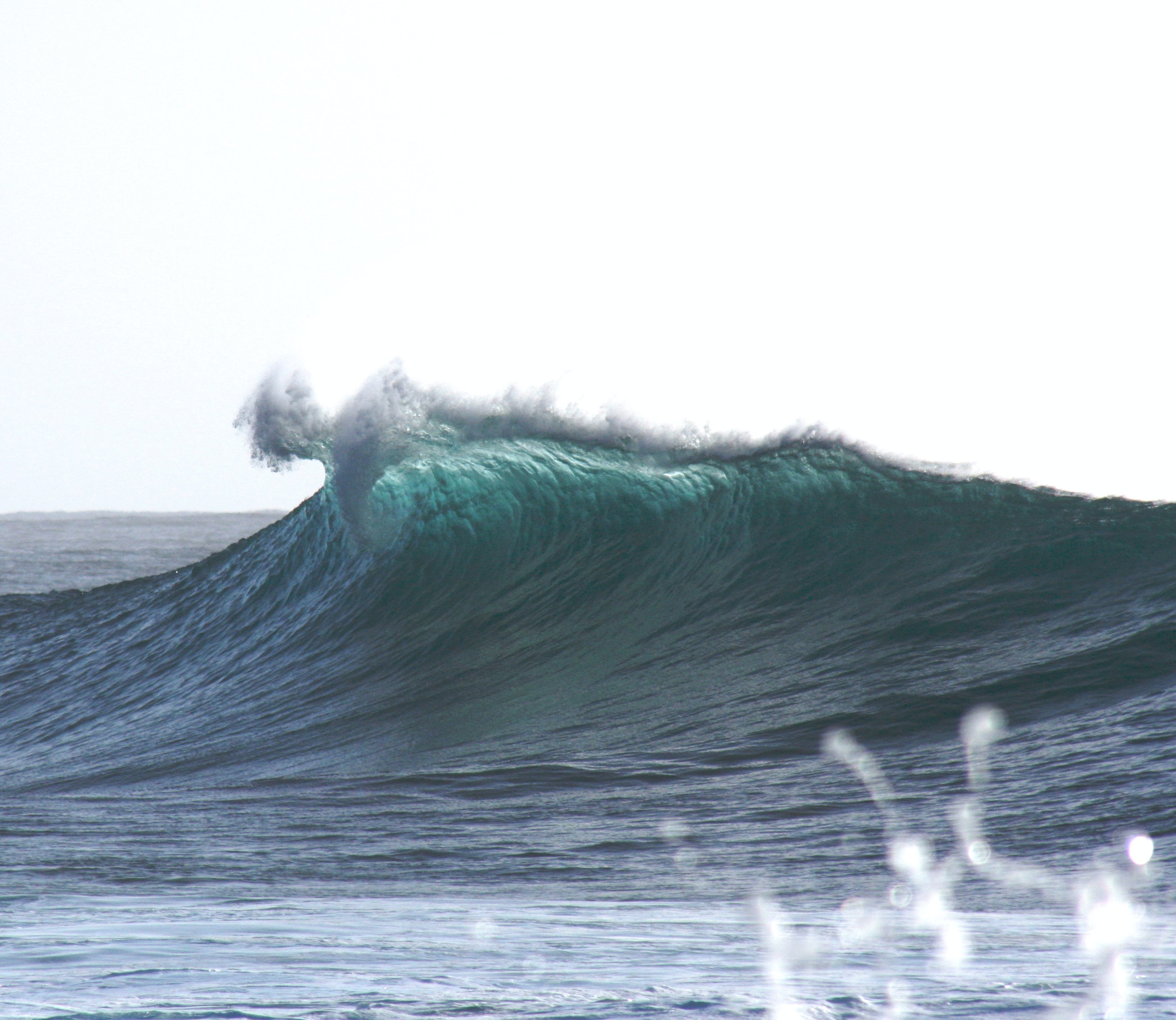Actualités
France – A petition to stop the “second wave” of GMOs

In February 2021, many French associations and unions launched a petition entitled “Stop the second wave of GMOs”. This petition, which has collected more than 100,000 signatures in ten days, asks the French government to respect the European and French court judgements to regulate the new GMOs.
The petition [1], launched by several French associations [2], alerts public opinion to the reality of new GMOs and the government’s inaction to regulate them as required by European and French courts.
The organizations state that “although there are no longer any transgenic crops in France thanks to the citizen mobilizations that began in the late 1990s, the problem of GMOs and pesticide crops is, unfortunately, not a closed case. Other GMOs obtained by new techniques of genetic modification have slipped illegally through the net and are now cultivated in our country”. These GMOs are sunflowers and colzas obtained by a certain mutagenesis in order to tolerate herbicides.
A minister as the industry’s mouthpiece
The Minister of Agriculture, Julien Denormandie, mimicking the companies’ discourse, is trying to make people believe that “these new GMOs are no different from what do the nature or the old mutagenesis techniques used for sixty years to select the majority of varieties considered safe.” Their goal is simple: to ensure that “these new GMOs are neither assessed nor labeled when they are authorized”.
However, thanks to the action of citizens’, environmental and farmers’ associations, the Court of Justice of the European Union (CJEU) recalled, in July 2018, “that all new GMOs generate the same risks as transgenic GMOs and must therefore be regulated as such. Since that date, no European country can claim that these hidden GMOs – marketed without assessment, authorization or labeling – can continue to escape regulation.” On February 7, 2020, the Conseil d’État, in France, asked the French government to implement this decision. However, nothing has been done and, therefore, underline the organizations, “the French government is in the illegality since early August 2020. And it knows it! It has done nothing to stop, in our country, the illegal cultivation and commercialization of GM rapeseed tolerant to herbicides”.
GMOs are not a solution
The organizations believe that GMOs, independently of the technique used, will not allow to eradicate hunger, increase productivity, address climate change or break the dependence on pesticides. These industry promises have never been fulfilled. And they add: “The only promise that has been largely fulfilled has been to enrich shareholders through the astronomical increase in dividends from patents on life”.
[2] Objectif Zéro OGM, Agir pour l’Environnement, Les Amis de la Confédération Paysanne, Les Amis de la Terre, ASPRO-PNPP, Bio Consom’acteurs, Collectif anti-OGM 66, Collectif Les pieds dans le plat, Combat Monsanto, Comité de Soutien aux Faucheurs Volontaires 31, Comité de Soutien aux Faucheurs Volontaires 49, Comité de soutien aux faucheurs de Pithiviers, La Confédération Paysanne, Faucheurs Volontaires d’OGM, Fédération Nationale d’Agriculture Biologique (FNAB), Générations Futures, Greenpeace France, Intelligence Verte, Loiret sans OGM, Mouvement de l’Agriculture Bio-Dynamique, Nature & Progrès, OGM Dangers, Réseau Semences Paysannes, Sciences Citoyennes, l’Union Nationale de l’Apiculture Française, Vigilance OG2M, Vigilance OGM et Pesticides 16, Vigilance OGM 33, Vigilance OGM 36.















